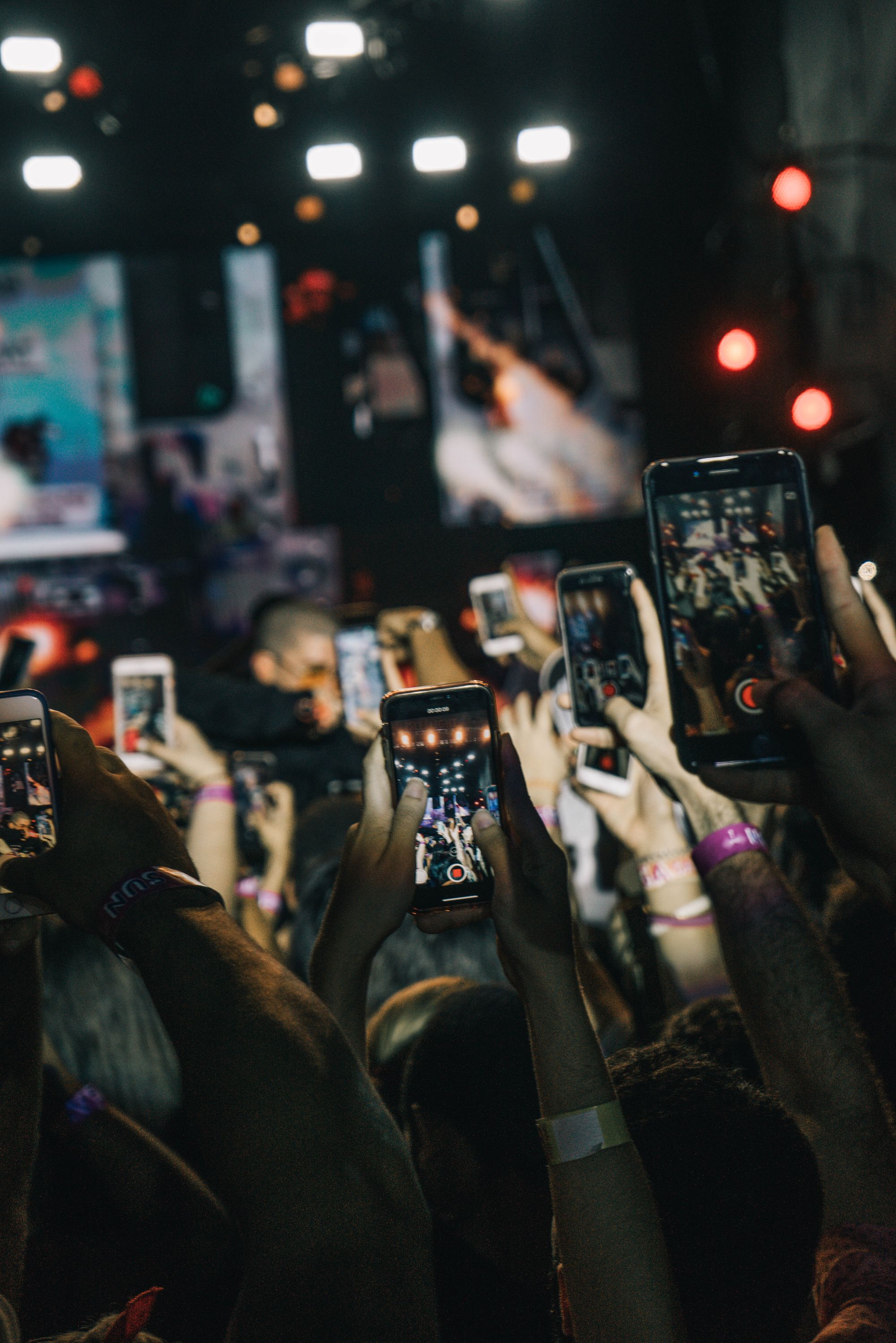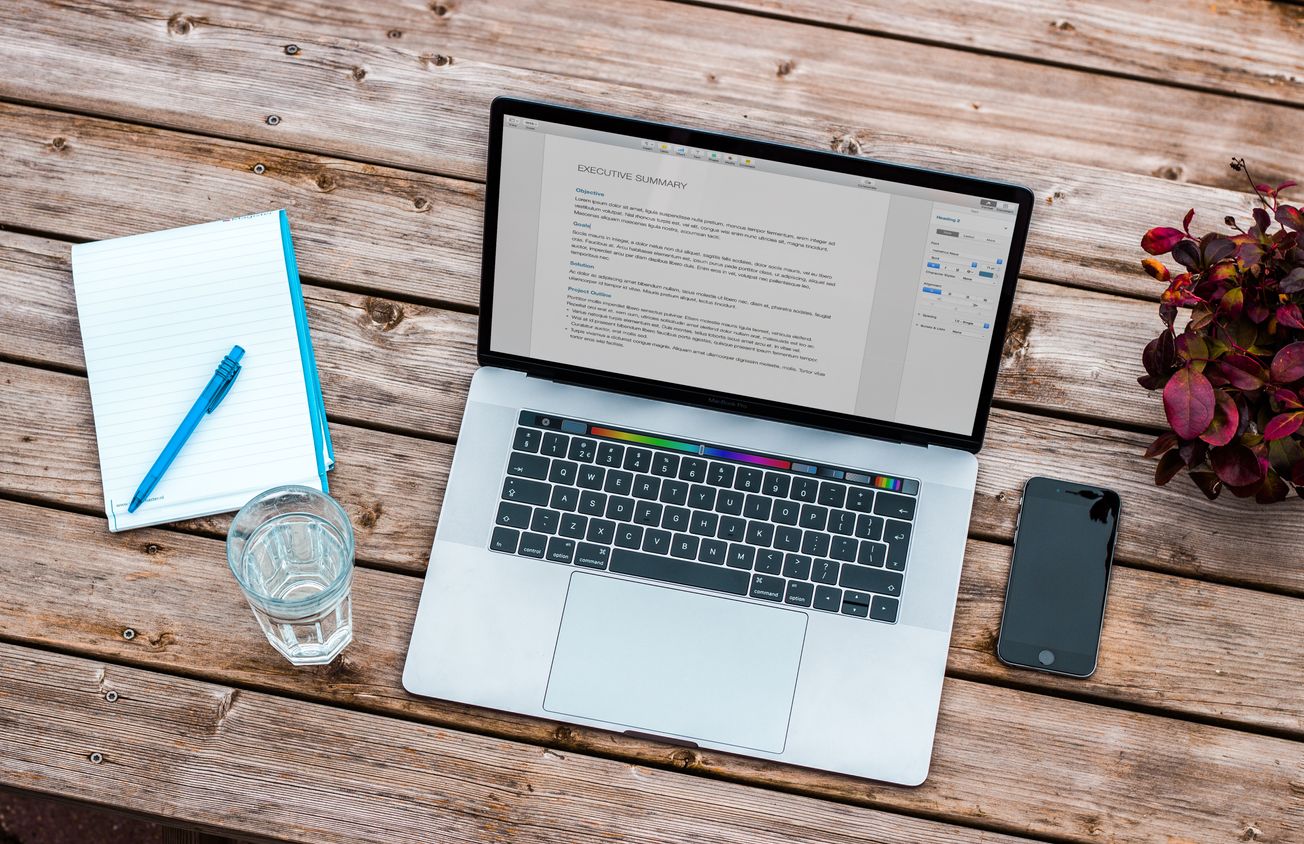By Genevieve Clapp, 2nd Year, Medicine
Average UK internet usage has doubled in the past decade. In this technology-obsessed culture, should we limit our screen-time? Digital minimalism is one way to do this.
The average person in the UK spends 24 hours per week online, according to a 2018 Ofcom report. This is a staggering figure considering that it was only 12 hours per week just a decade ago. Combined with articles suggesting that technology has reduced the human attention span to less than that of a goldfish, it is apparent that excessive usage is a problem for many people. But in a culture centred around the internet, is trying to limit our time online a good idea?
After all, ignoring rapid-fire messages and emails could lead to missing deadlines or meetings with friends. Take Welcome Week for example: most of the information regarding what events were on was delivered through email and Facebook, so not using technology to its advantage could have led to social isolation. What’s more, the first contact we have with course mates is quite often via social media group chats.
A significant number of studies also suggest that allowing ourselves to become distracted and our minds to wander is a sign of a healthy mind and helps to foster creativity. However, there is a difference between getting lost in thought and falling into the black hole of the internet. When the mind wanders naturally, we notice things around us and draw inspiration from them; online, we are restricted by what an RSS feed is showing us.
Apart from possible limits to our creativity, increased technology use has also been associated with several health detriments. Many of these we would expect, such as increased risk of obesity and depression, but a 2019 article in the British Medical Journal also suggested that there was some evidence for increased hyperactivity, inattention and poor cognitive development.
An increasingly popular solution to these problems is digital minimalism: a concept popularised by computer science professor and author Cal Newport. It follows the same principle of the minimalist movement: you examine whether a digital tool adds value to your life, and if it doesn’t, you delete it. The end goal isn’t to cut out all technology, but rather to cut down and use it more intentionally.
Digital minimalist Cal Newport wants you to take 30 days off from ALL of your personal tech. The idea is to cut it all out of your life and slowly reintroduce the digital tools that are most important to YOU. Is this doable or just plain impossible?! https://t.co/oHfIK7985s
— Note to Self (@NoteToSelf) October 7, 2019
So how do you implement digital minimalism into your life? A good place to start is by checking your screen-time via your phone settings. This may push you to make changes in how you spend your time. An article published on The Startupprovides a comprehensive guide to digital minimalism, starting with interventions such as choosing a clean desktop wallpaper that won’t distract you and hiding apps that you use to procrastinate.
For many people, a ‘digital detox’ can be useful. This is a period of time when you refrain from using social media, or from using your devices entirely. This can show you how reliant on technology you usually are and the higher value activities you can be doing instead.
If this is not possible, there are other things you can try to build healthier digital habits. One example is blocking all notifications aside from phone calls and texts. Another to try is restricting the times of the day that you check your phone: either check it at a few set points in the day or put your phone on Do Not Disturb after a certain point in the evening.

Technology can also be used to your advantage, with apps that increase your productivity. Student favourites include apps like Forest, which prevent you from accessing your device entirely. On Forest, your phone plants a virtual tree that dies if you come off the app, so it uses negative re-enforcement to stop you from scrolling endlessly.
Another suggestion is Flipd, which allows you to block specific apps. Therefore, you can access the apps you need whilst blocking those that divert your attention. This can also be done on some phones through built-in settings. The equivalent for laptops would be chrome extensions such as StayFocusd, where you can blacklist certain websites. Blocking your access to distractions can help you to regain control over your time online and build a healthier relationship with technology.
Many of us now use our phones as a method to not look lonely when we’re alone in public. Ironically, if we all stepped away from technology for a few hours per day, we could probably meet a lot more people. Although it has been proven that we get a rush of dopamine after seeing that a friend has liked a post, forging a bond with another person will almost definitely result in a higher dose.
Featured image: Bram Naus / Unsplash
Have you tried digital minimalism? Let us know!







